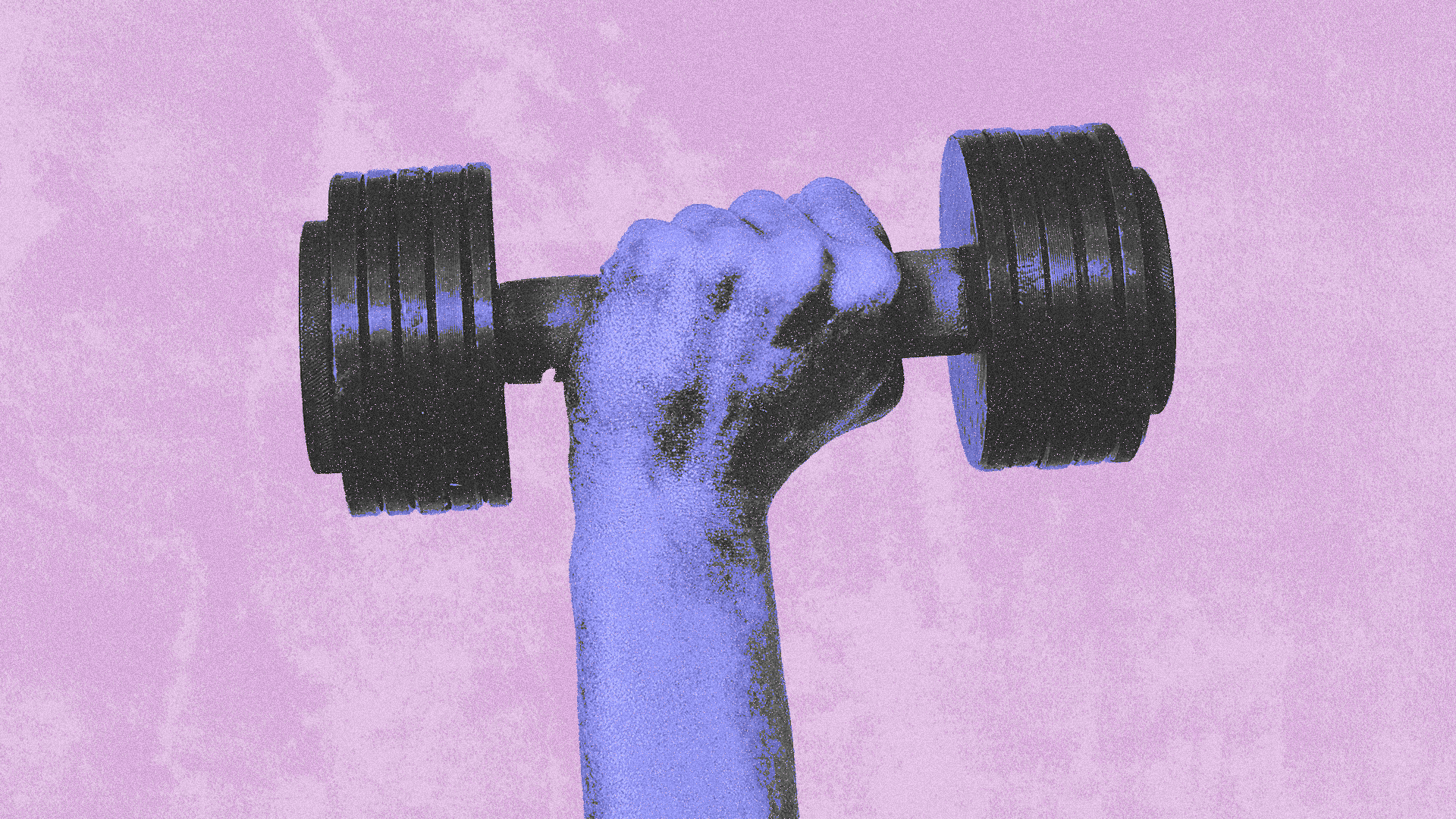Whether it’s running clubs, gym memberships, or simply going outside for a walk, Gen Z are flocking to regular exercise regimes and healthy dieting. This pivot away from excess and booze could be a yearning for control and personal achievement in a world reluctant to provide opportunities for either.
Do you go the gym every week? Are you part of the fitness movement sweeping Gen Z?
If you’re a younger reader, chances are you probably have gotten into exercise over the last few years. Studies show that young people are causing an uptick in running clubs and events, flooding gyms, and ‘locking in’ to personal development and fitness in a way we’ve not seen from any other generation previously.
In response, there have been countless think pieces on the apparent ‘boringness’ of Gen Z. Every major publication seems eager to point the finger at young people, gawking in disbelief at their lack of desire to drink excessively and stay out late. In the UK, night clubs and pubs are on the brink of crisis, unable to keep up with rising costs as consumer interest dwindles. Many older folks seem genuinely mystified as to why Gen Z are getting fitter and becoming more socially conservative, despite knowing the dangers of obesity and the political strain of the ongoing UK healthcare crisis.
Yet, just a simple glance at the state of current affairs can provide the answers. Many Gen Zers are only now entering adulthood, finding work for the first time and establishing their footing as individuals. Many lost significant chunks of their formative university years to Covid-19, being forced to stay inside and keep contact to a minimum as the pandemic disrupted our social norms for well over two years.
Couple this with an intense, AI-riddled job market and an ever-worsening cost-of-living crisis, and the prospect of spending hundreds of pounds every week on clubbing and booze starts to lose its appeal. Many young people simply don’t have the funds, resources or the space to party every weekend, as the nature of our current climate pushes all of us to perform at our very best all the time. The idea of wasting several days per week on hangovers and bed-rotting no longer has the allure it once did, especially if you’re a teenager with two jobs and a degree to contend with. Time is always of the essence, and ultimately can be best spent elsewhere.
Gen Z are competing for everything. Dating today is all about apps and choice, with everyone having to show the best sides of themselves and scramble to be the most attractive option amongst a sea of faces. Similarly, teens and young adults are having to race to be the first applicant for job vacancies, most of which become immediately flooded with responses. Every tenant looking for a new roommate uses apps, every influencer yearns for the most engagement, and on and on it goes. We are all having to compare and contrast with one another constantly.
Conversely, exercise and sport can help to give Gen Z the positivity that is sorely lacking in most other areas. Fitness and regular training programmes are uniquely simple in their structure. No matter your societal position or life situation, you can improve your physical health by putting in the hours and staying consistent. Results are obvious, earned and almost always guaranteed.
Want to get better at running? Do it five times a week for three months and you’ll see results. Want to improve your physique? Lift weights and attend gym classes regularly and you’ll notice a difference. What you put in is what you get out in terms of effort and value, a phenomena that is seldom seen elsewhere in life, at least for Gen Z.
Exercise is also a solitary experience, for the most part. Unless you’re actively part of a group or club, most of us will listen to music and crack on at the gym in our own time. These hours of improving our wellbeing are for ourselves only, and we know it is worthwhile to do so. Being healthy is a rare area of our daily routines that we can control ourselves, and our outcomes are nearly based entirely on our own work ethic and consistency.
Given the chaos of modern life, politics, online discourse and job markets, should we really be that surprised that young people are gravitating toward something that gives them a sense of personal achievement, confidence and control? When you could be made redundant by AI at any moment, wouldn’t you too want to feel good about your physical and mental wellbeing? That sure seems a lot more enticing than a two-day hangover and gorging on fast food. Not that there’s anything wrong with doing that occasionally, mind.
See also:
- How do Gen Z really feel about the unstoppable rise of AI?
- How deep is the Gen Z manosphere rabbit hole?
- Gen Z is done with legacy media
![]()




















